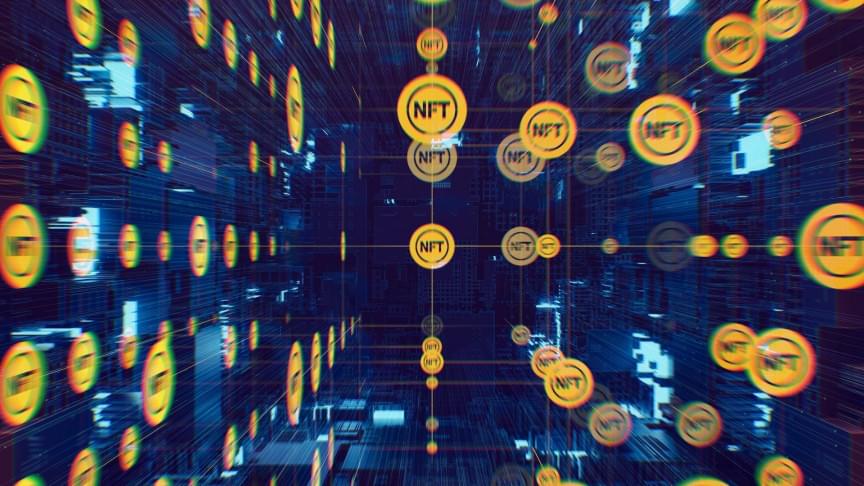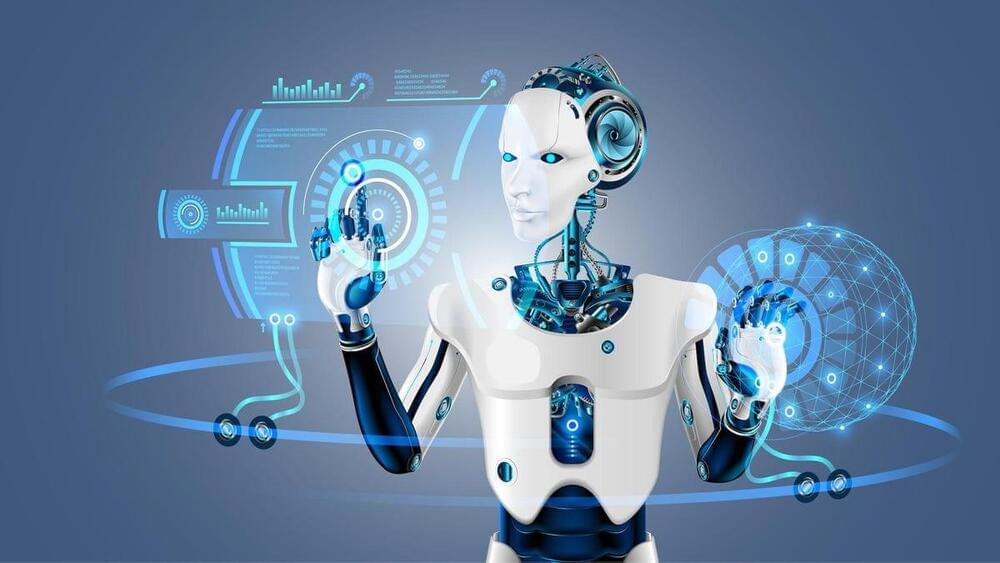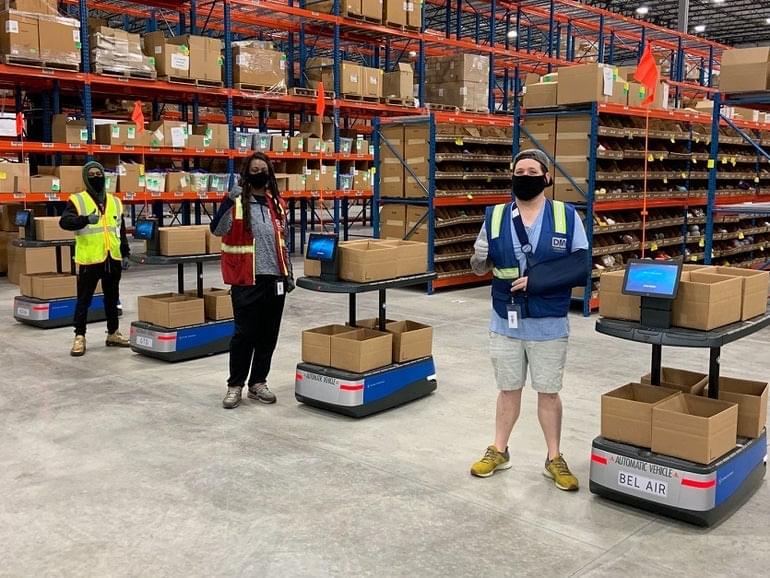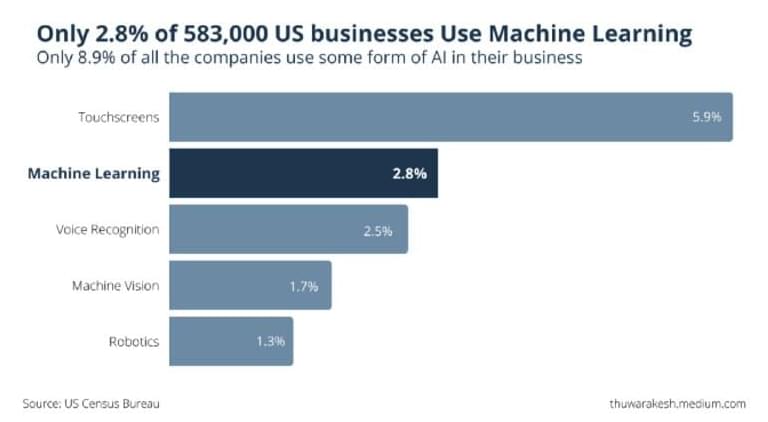For solutions to problems, artificial intelligence is the future of business.


In 2001, the founder of Mitticool ceramics learned many of his customers in India don’t have regular access to electricity. So he invented a fridge made out of clay. It keeps food 8 degrees cooler than the outside air, but it doesn’t need any electricity to run. And while other ceramics companies in the region shut down, Mitticool is thriving thanks to the success of the powerless, eco-friendly fridge.
MORE BIG BUSINESS VIDEOS:
How Millions Of Hearing AIDS Are Made In America | Big Business.
https://www.youtube.com/watch?v=Eri08ZZ1Kmo.
How This 8,000-Pound Crystal Went From Mine To Smithsonian | Big Business.
How This 8,000-Pound Crystal Went From Mine To Smithsonian | Big Business.
https://www.youtube.com/watch?v=Z9NQ6VEciFk.
#BusinessInsider #Ceramics #Mitticool.
Business Insider tells you all you need to know about business, finance, tech, retail, and more.
Visit us at: https://www.businessinsider.com.
Subscribe: https://www.youtube.com/user/businessinsider.
BI on Facebook: https://read.bi/2xOcEcj.
BI on Instagram: https://read.bi/2Q2D29T
BI on Twitter: https://read.bi/2xCnzGF
BI on Snapchat: https://www.snapchat.com/discover/Business_Insider/5319643143
Boot Camp on Snapchat: https://www.snapchat.com/discover/Boot_Camp/3383377771
How 15,000 Ceramics Are Made A Day In Gujarat | Big Business.
India is one of only a handful of nations that have sent probes to the moon and Mars. But the most impressive part of its space program is its cost-effectiveness. Unlike other government space organizations, India’s agency is extremely efficient, with the lowest cost-per-kilogram in the industry. Now India is throwing open its doors to private companies and raising its stellar ambitions.
#India #Space #BloombergQuicktake.
——-
Like this video? Subscribe: https://www.youtube.com/Bloomberg?sub_confirmation=1
Become a Quicktake Member for exclusive perks: https://www.youtube.com/bloomberg/join.
QuickTake Originals is Bloomberg’s official premium video channel. We bring you insights and analysis from business, science, and technology experts who are shaping our future. We’re home to Hello World, Giant Leap, Storylines, and the series powering CityLab, Bloomberg Businessweek, Bloomberg Green, and much more.
Subscribe for business news, but not as you’ve known it: exclusive interviews, fascinating profiles, data-driven analysis, and the latest in tech innovation from around the world.
Visit our partner channel QuickTake News for breaking global news and insight in an instant.

Allowing users to buy NFTs with fiat money.
Cryptocurrency might be illegal in China, but that doesn’t mean non-fungible tokens (NFTs) have to be.
China is planning to separate the infrastructure used for crypto from the one used to create NFTs so that its crackdown on cryptocurrencies doesn’t harm the country’s NFT industry, a report from South China Morning Post reveals.
To do this, China’s government-backed Blockchain-based Service Network (BSN) is developing a new blockchain infrastructure project that allows individuals and businesses to develop and manage NFTS without using infrastructure developed for cryptocurrency.
Full Story:
China plans to separate the infrastructure used for crypto from the one used to create NFTs. Here’s why.

Although robots are more than capable today of carrying out all kinds of business tasks efficiently and accurately, the concept of building machines that can think like humans has always been a dream for tech companies and smart city developers. However, the actual way in which the human mind works and processes information is up for debate, with several parties having conflicting opinions regarding the same. Once enough data is generated, simulation models can be created to build software that can think along the same rational or emotional lines as humans. Human thinking is generally influenced by a variety of factors—cognitive, behavioral, geometric, kinematic and physical. Using cognitive modeling, such factors can be considered while attempting to create robots that think and behave like humans.
The concept of human thinking is still too vague to be accurately replicated in robots. Even then, multiple types of approaches could be taken to reach the ideal end result—enabling AI and robotic tools to think like humans.
Full Story:
Teaching robots to think like humans may be the next frontier for tech developers and researchers involved in the ongoing development of technologies such as AI and robotics.


Last year, Germany spent $53 billion on defense. This year, TSMC is spending $44 billion on chip factories. (In 2019, TSMC only spent $14.9 billion, so they are spending insane amounts of money trying to fix the chip shortage.) Pretty much everyone in the chip business is also dramatically increasing their spending as well.
TSMC investment will “put a ceiling” on Samsung, Intel’s foundry plans.

What is concept drift?
Concept drift occurs when there are changes in the distribution of the training set examples.
At the most basic level, concept drift causes data points that were once considered an example of one concept to be seen as another concept entirely over time.
For instance, fraud detection models are at risk for concept drift when the concept of fraud is constantly changing.
This can cause model performance to degrade, especially over extended periods where concept drift continues to occur without being detected by your monitoring systems.
A critical problem for companies when integrating machine learning in their business processes is not knowing why they don’t perform well after a while. The reason is called concept drift. Here’s an informational guide to understanding the concept well.
One of Europe’s top business schools recently released its Future Readiness Indicator study and focused on the automotive sector for its analysis.
